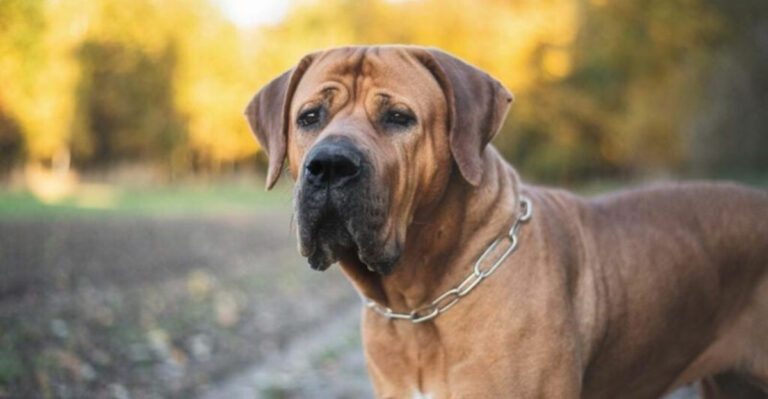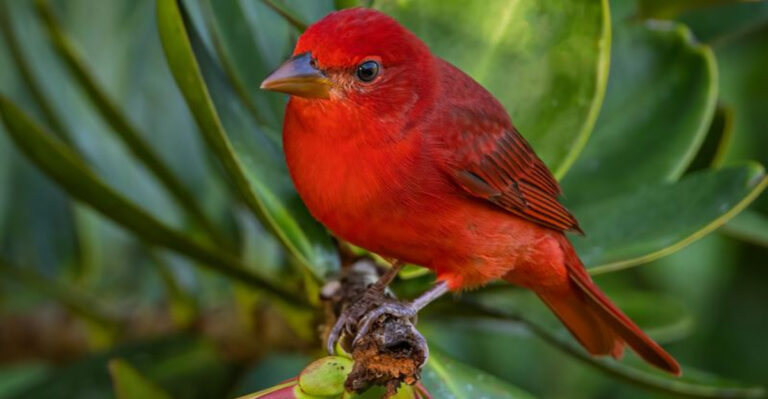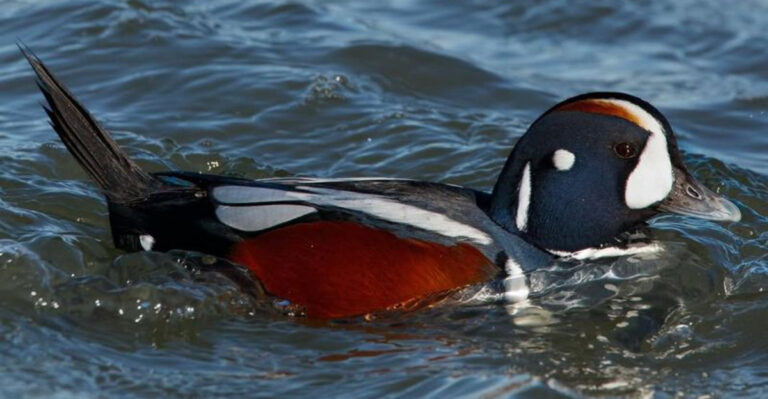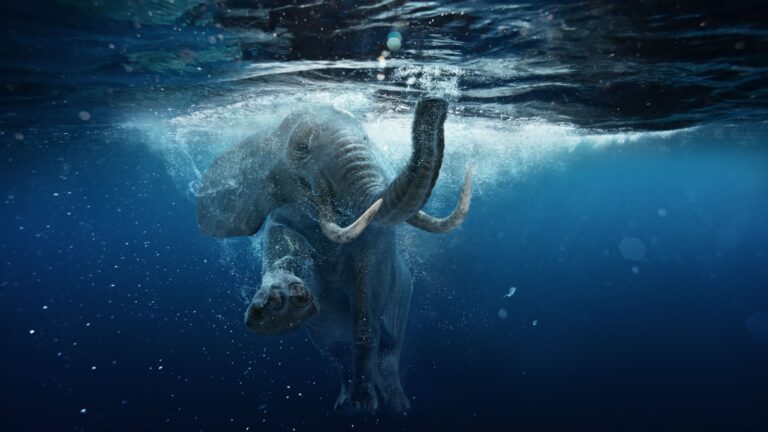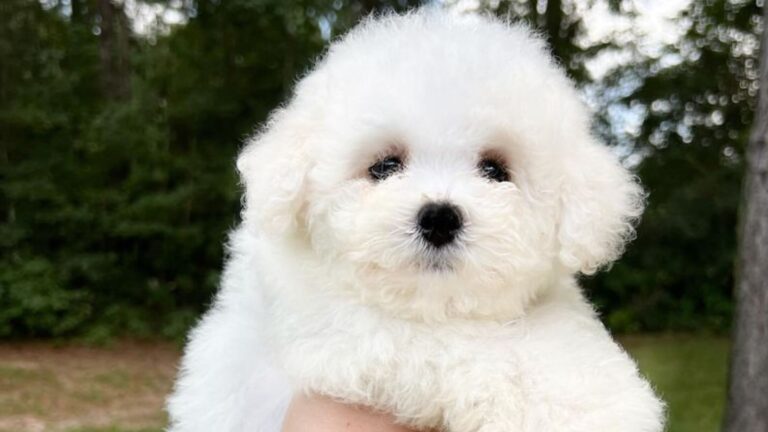13 Mental Health Struggles In Animals You Never Knew About
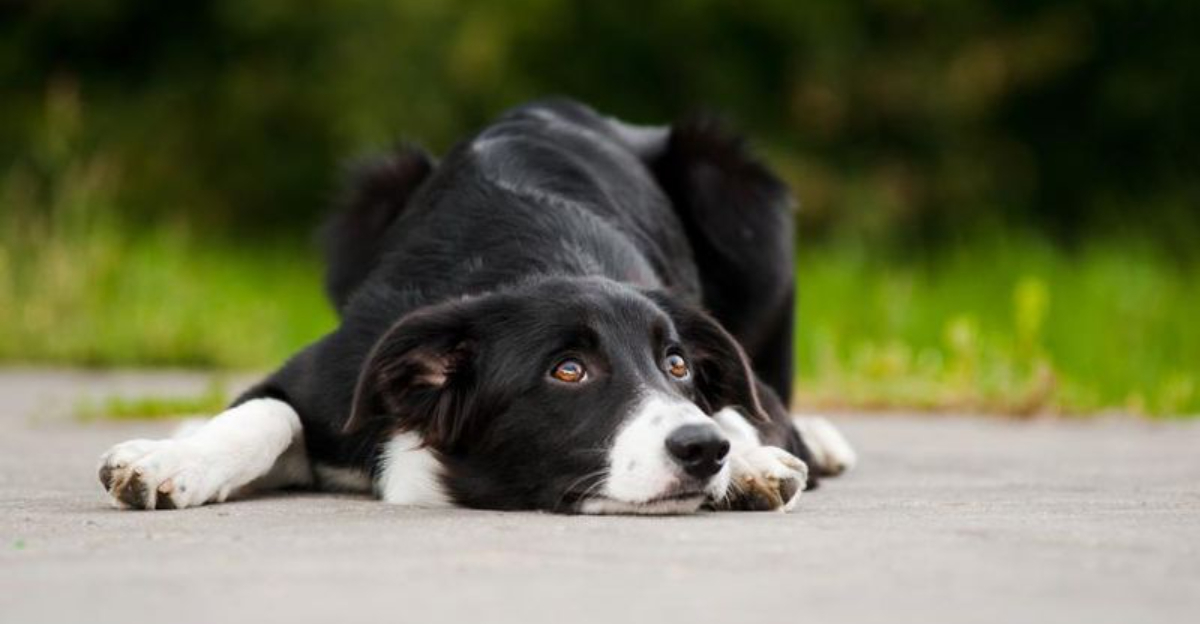
Explore the intriguing world of animal emotions, where our furry and feathered friends face mental health challenges akin to our own.
From anxiety-ridden dogs to socially isolated orcas, these struggles reveal a deeper connection between humans and animals, highlighting their emotional depth and resilience.
1. Separation Anxiety In Dogs
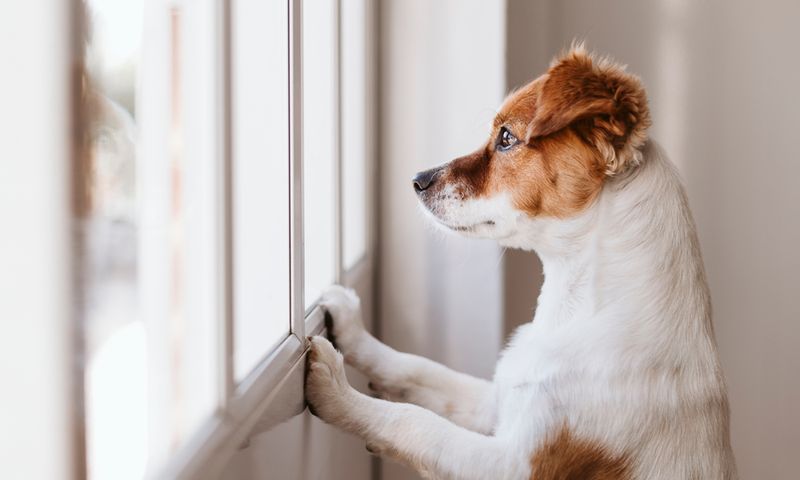
Ever wonder why Fido chews your favorite shoes when you leave? Dogs can feel anxious when left alone, leading to destructive behavior. This separation anxiety isn’t just a quirk—it’s a genuine emotional struggle.
Imagine your fluffy friend pacing and barking. It’s heart-wrenching, but understanding helps. Canine companions need reassurance and sometimes behavioral training to ease their anxious hearts.
2. Depression In Elephants
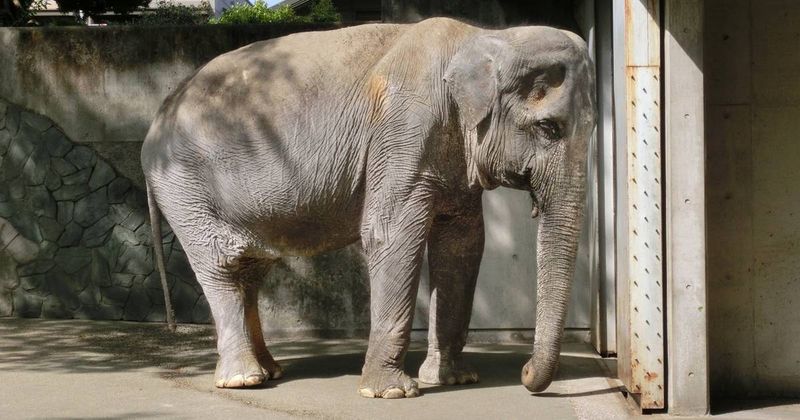
Elephants, with their remarkable memory and social bonds, feel deeply. When separated from their herd, they can become depressed, losing interest in activities.
These gentle giants show their blues through lethargy and lack of appetite. Providing companionship and enrichment is essential for their emotional health.
3. Post-Traumatic Stress Disorder (PTSD) In Horses
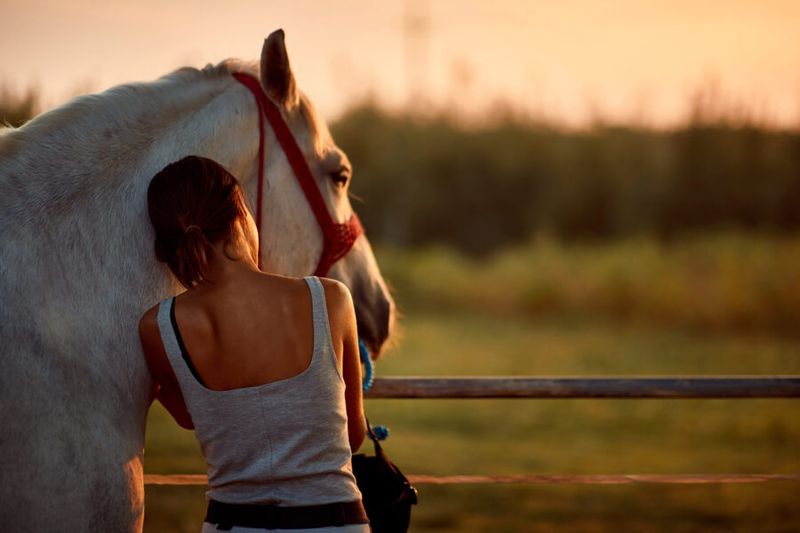
Horses remember. A traumatic event can leave them with PTSD, making them skittish and fearful.
Imagine a horse that flinches at shadows, its heart racing. Compassionate handling and patience can guide them toward recovery. These majestic creatures need understanding to overcome their invisible scars.
4. Obsessive-Compulsive Disorder (OCD) In Dogs

Some dogs spin in circles or lick obsessively. It’s not just playful antics—OCD in dogs manifests from stress or boredom.
Imagine a dog chasing its tail endlessly, unable to stop. Recognizing these signs early and providing mental stimulation can help curb these behaviors.
5. Anxiety In Cats
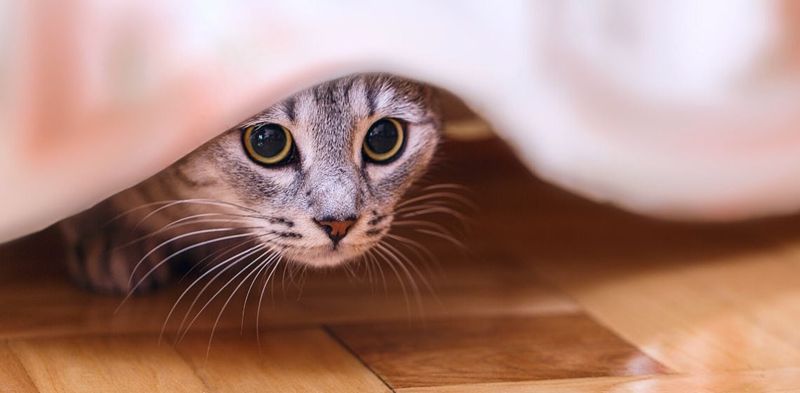
Cats, with their mysterious allure, can be surprisingly anxious. New surroundings or sudden changes can unsettle them, leading to hidden behavior.
Picture your feline friend hissing or scratching. Creating a calm environment and routine can ease their worries.
6. Aggression In Lions Due To Captivity Stress
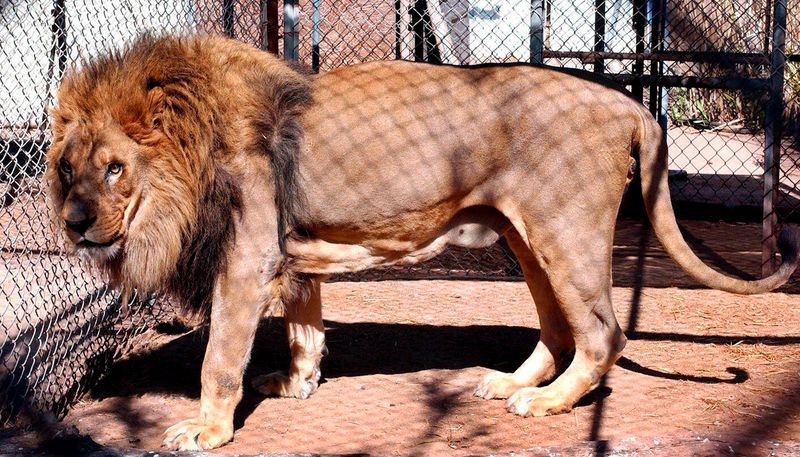
Lions, the kings of the jungle, face stress when confined. Their aggression and pacing mirror human depression.
Imagine these majestic beasts pacing back and forth, longing for the savannah. Providing space and enrichment is crucial for their well-being.
7. Hyperactivity And Anxiety In Parrots
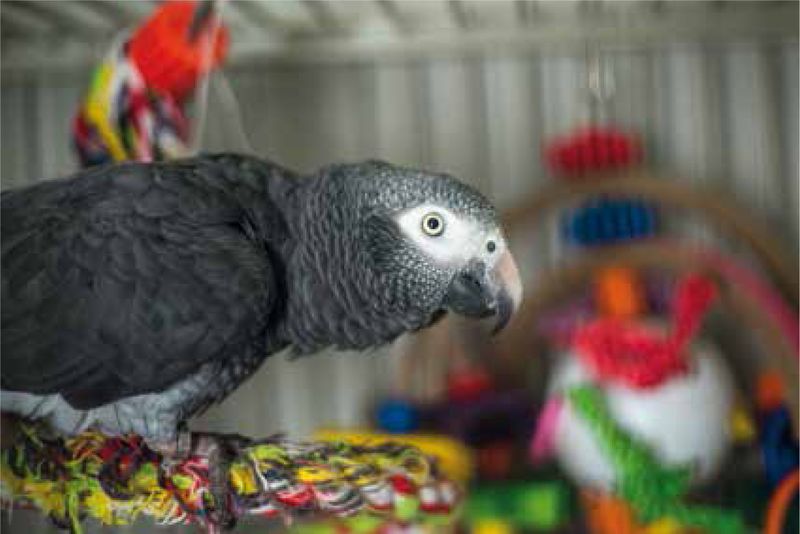
Parrots, with their vibrant colors and personalities, crave interaction. Without mental stimulation, they can become hyperactive or anxious.
Visualize a parrot plucking its feathers in frustration. Social engagement and toys can help soothe their restless spirits.
8. Self-Harm In Dolphins
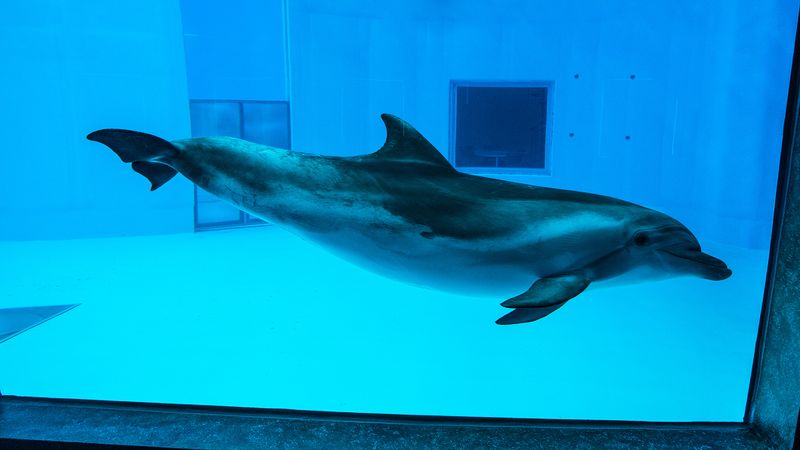
Dolphins, intelligent and social, sometimes harm themselves in captivity. Stress and boredom lead them to rub against surfaces.
Imagine the graceful creature reduced to this behavior. Enrichment and interaction can ease their captivity blues.
9. Stress-Induced Feather Plucking In Birds
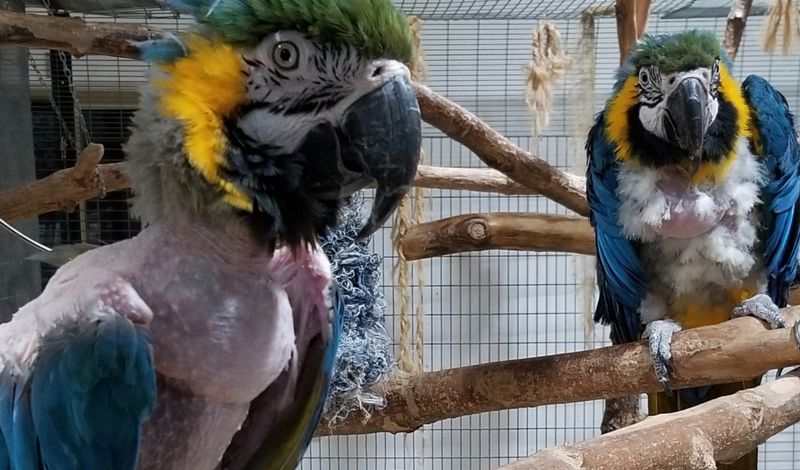
Birds, when stressed, may pluck their feathers obsessively. It’s not just vanity; it’s a sign of distress.
Picture a bird with bare patches, yearning for freedom. Providing enrichment and environmental changes can help curb this behavior.
10. Depression In Bears In Captivity
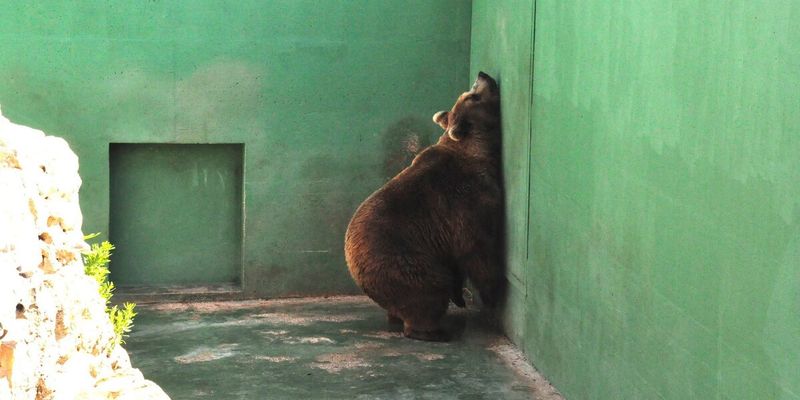
Bears, confined in small spaces, can become depressed. Their pacing and disinterest mirror human sadness.
Think of a bear, staring blankly, a shadow of its wild self. Space and mental stimulation are key to their happiness.
11. Social Isolation In Orcas
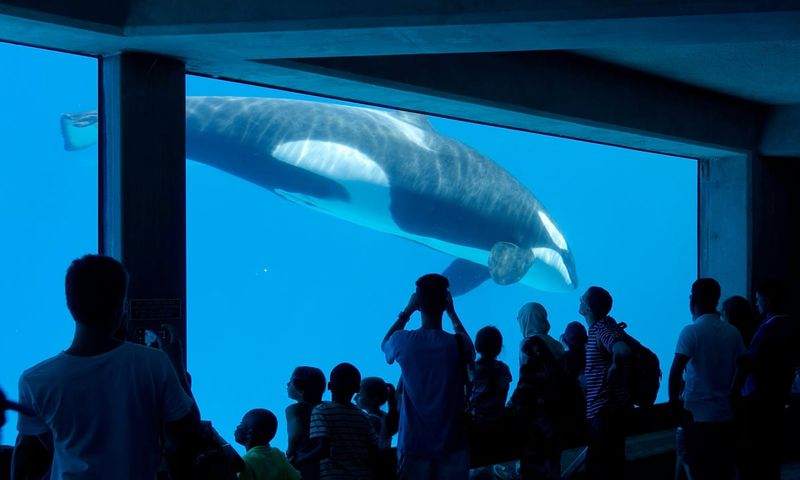
Orcas, social giants of the sea, suffer in isolation. Captivity leads to repetitive behaviors and sadness.
Imagine an orca, circling alone, yearning for the open ocean. Companionship and larger spaces are crucial for their well-being.
12. Fear-Induced Aggression In Horses
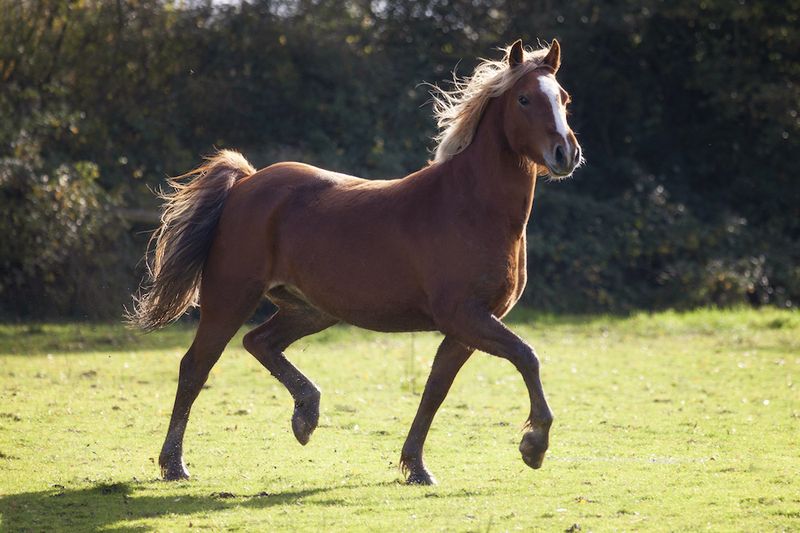
Mistreatment leaves lasting scars. Some horses become aggressive, driven by fear.
Visualize a horse, eyes wide with trepidation, reacting out of self-defense. Kind handling and patience can heal their trust issues.
13. Eating Disorders In Bears
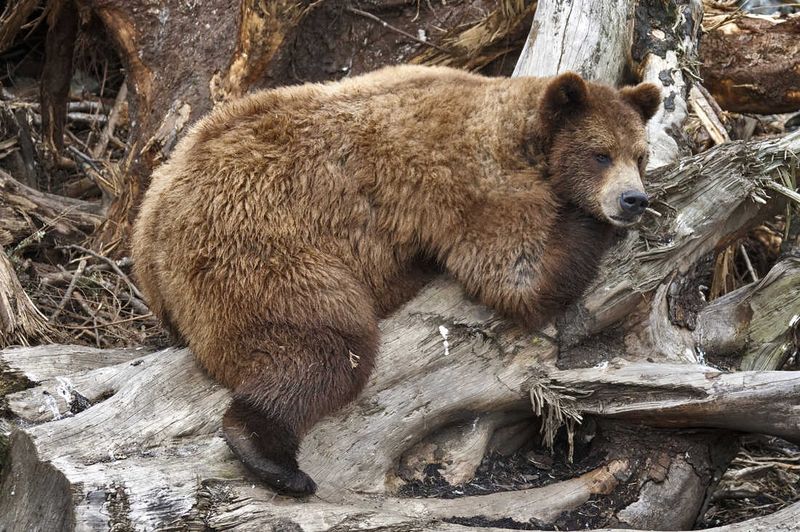
Bears in captivity face eating disorders. Boredom or anxiety makes them overeat or avoid food.
Imagine a bear, ignoring its meal or eating too much, a sign of distress. Enrichment and proper care are vital for their health.

